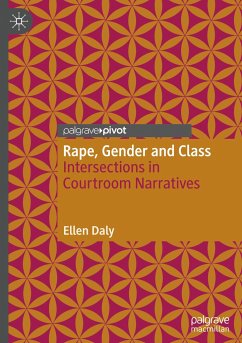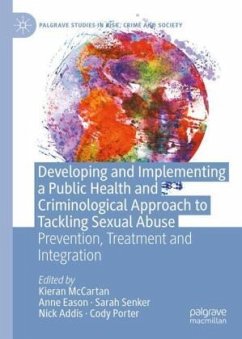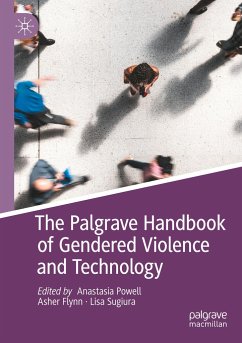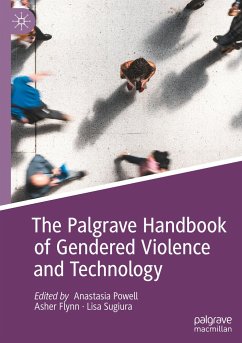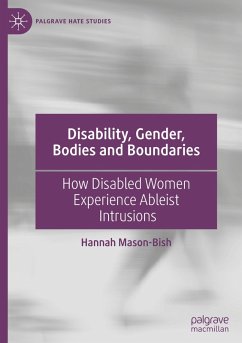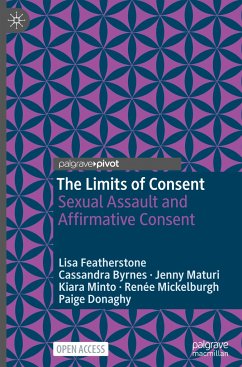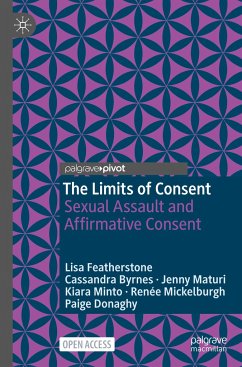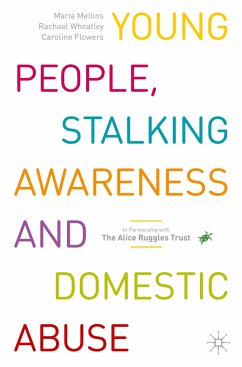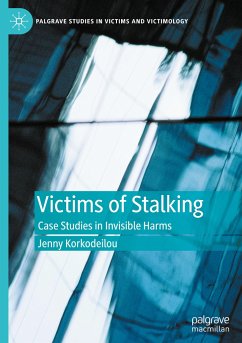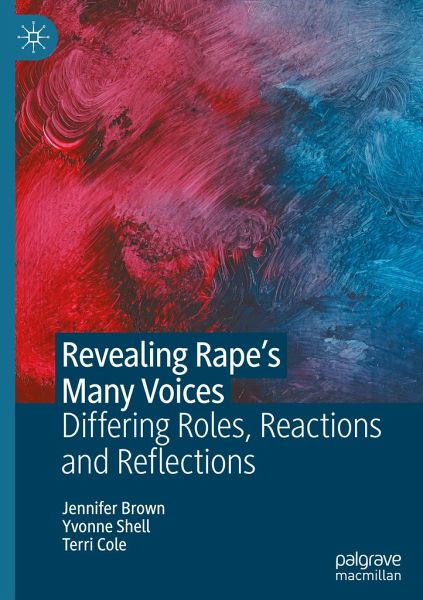
Revealing Rape's Many Voices
Differing Roles, Reactions and Reflections
Versandkostenfrei!
Versandfertig in 6-10 Tagen
98,99 €
inkl. MwSt.
Weitere Ausgaben:

PAYBACK Punkte
49 °P sammeln!
By extending the cast list of roles implicated in rape's hidden sphere of harm, this book attentively listens to experiential voices of complainant/witnesses, suspect/accused, police, lawyers, judges and jurors, therapists, advocates, partners, parents, family and friends during the criminal justice journey. Highlighting good and bad practices, it proposes a paradigm shift for inculcating policy reform, arguing the case for implementation science as a framework for embedding change. The book will be of interest to those involved in the policy, practice and delivery of criminal justice, the sup...
By extending the cast list of roles implicated in rape's hidden sphere of harm, this book attentively listens to experiential voices of complainant/witnesses, suspect/accused, police, lawyers, judges and jurors, therapists, advocates, partners, parents, family and friends during the criminal justice journey. Highlighting good and bad practices, it proposes a paradigm shift for inculcating policy reform, arguing the case for implementation science as a framework for embedding change. The book will be of interest to those involved in the policy, practice and delivery of criminal justice, the support and voluntary sector as well as giving valuable insight to students of forensic and investigative psychology, criminology, law, social policy, gender studies the new policing apprenticeship degree programmes.






